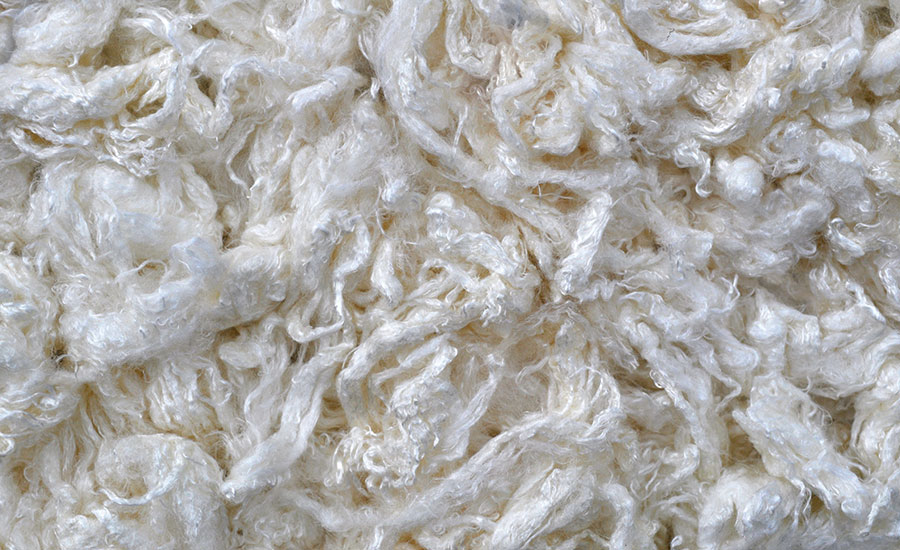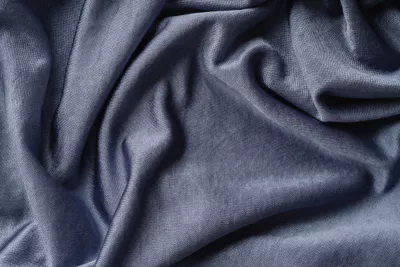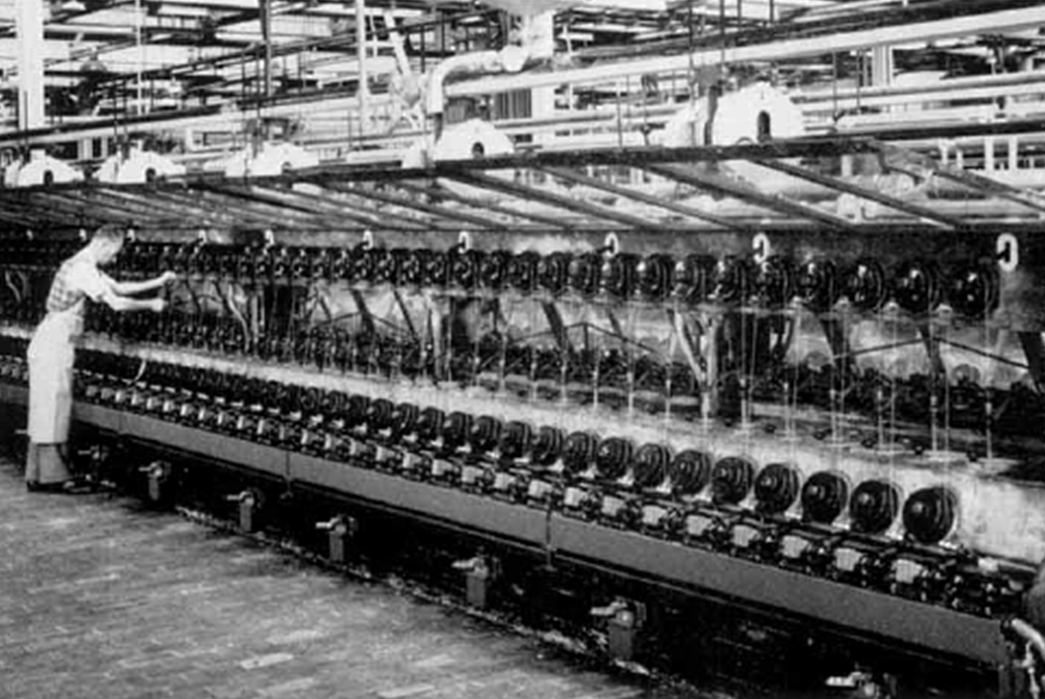The textile industry has witnessed numerous innovations and transformations over the years, but few materials have had as significant an impact as rayon. Known for its versatility, affordability, and silk-like feel, rayon has become a staple in fabric manufacturing since its inception. This blog explores the fascinating history of rayon in the textile industry, shedding light on its development, evolution, and enduring popularity.
The Birth of Rayon: A Revolutionary Invention
Rayon’s story begins in the late 19th century, marking a pivotal moment in textile history. It was the first manufactured fiber, created as a cheaper alternative to silk. Its development was driven by the desire to democratize luxury and make silk-like fabrics accessible to a broader audience. The French scientist Hilaire de Chardonnet is credited with inventing the first commercial rayon, initially dubbed “artificial silk,” in 1889. This innovation paved the way for the material’s widespread adoption and marked the beginning of the age of synthetic fibers.

The Evolution of Rayon: From Viscose to Lyocell
Rayon’s journey is characterized by continuous innovation and improvement. Over the years, various processes have been developed to produce rayon, leading to different types of this versatile material. “The Different Types of Rayon: Viscose, Modal, and Lyocell” provides an in-depth look at these variations, each offering unique properties and applications. Viscose rayon, the most common type, is known for its excellent drape and lustrous finish. Modal, often used in soft and comfortable clothing, offers enhanced strength and breathability. Lyocell, the most environmentally friendly version, is celebrated for its sustainability and durability.

The Role of Rayon in Fashion and Beyond
Rayon’s adaptability and aesthetic appeal have cemented its place in the fashion industry and beyond. It can mimic the feel and texture of various natural fibers, including silk, wool, and cotton, making it incredibly versatile. From luxurious dresses to everyday wear, rayon has been utilized in countless applications, proving its worth as a textile mainstay. Its ability to blend with other fibers further enhances its utility, allowing for a wide range of fabric characteristics tailored to specific needs.

Sustainability and Rayon: A Modern Concern
As environmental awareness has grown, so has scrutiny of rayon’s production processes, particularly those involving viscose rayon, which has been criticized for its chemical-intensive manufacturing and impact on forests. This scrutiny has led to the development of more sustainable practices and the emergence of eco-friendly alternatives like lyocell. “Advantages of Using Rayon in Textile Manufacturing” delves into these topics, highlighting the material’s benefits while acknowledging the industry’s efforts to address environmental concerns.
The Future of Rayon in the Textile Industry
Looking forward, rayon continues to play a vital role in the textile industry’s evolution. Innovations in manufacturing processes and a growing emphasis on sustainability are shaping the future of rayon, making it more environmentally friendly and efficient. As the industry moves towards a more sustainable future, rayon’s adaptability and the ongoing development of eco-friendly alternatives ensure its place in the fabric of textile manufacturing.
Conclusion
The history of rayon is a testament to human ingenuity and the quest for innovation in the textile industry. From its origins as artificial silk to its development into various forms like viscose, modal, and lyocell, rayon has proven to be an invaluable material. Its journey mirrors the industry’s broader trends towards sustainability and environmental responsibility.
Read more about different clothing materials here.
For those in the textile industry looking to explore the benefits of rayon and other materials, locofast.com offers a comprehensive platform for sourcing high-quality fabrics, including a wide range of rayon products. With a commitment to innovation, sustainability, and customer service, Locofast is your go-to source for textile solutions. Discover how Locofast can help you navigate the complexities of fabric selection and stay ahead in the competitive world of textile manufacturing.
